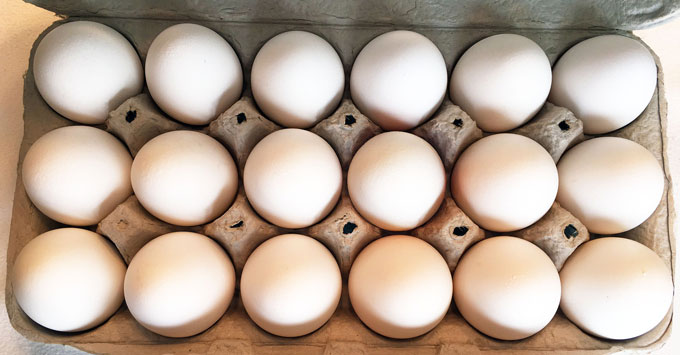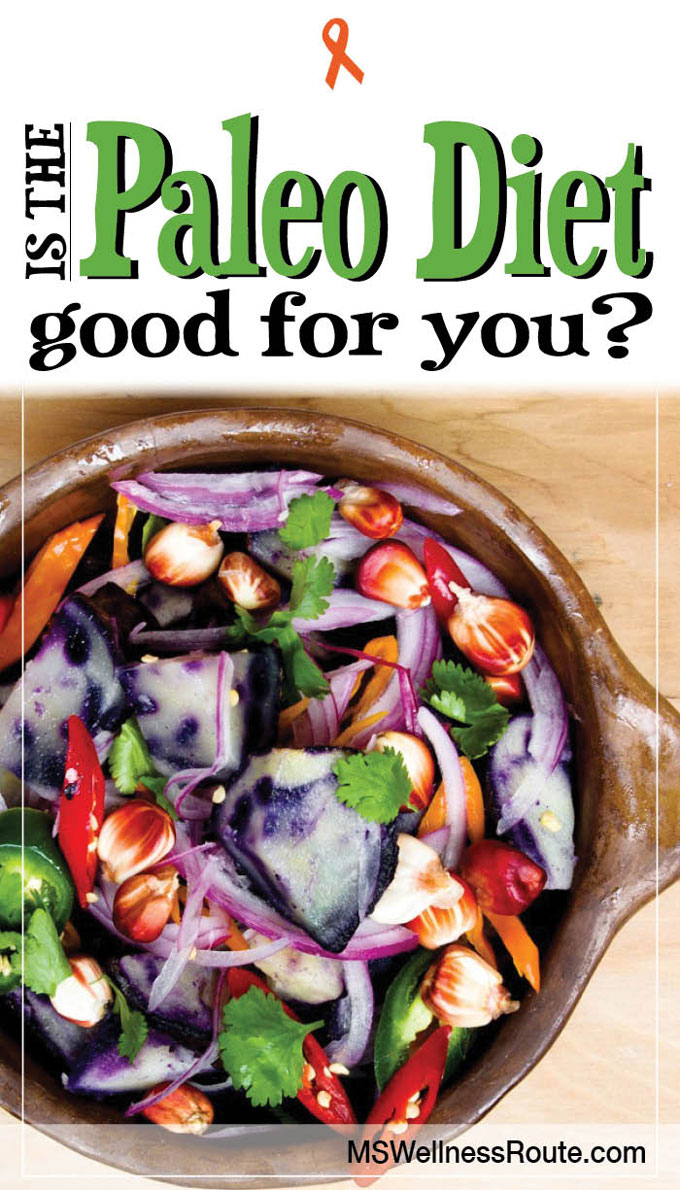Last Updated on December 7, 2023 by Cathy

Did you know, the food you’re eating could be the trigger to your autoimmune disease like multiple sclerosis (MS)? There are many triggers but food may be your biggest contributor. It’s time to put down that fast food and learn how to start eating clean food.
Many factors lead to autoimmune diseases. Poor diet, environmental toxins, and stress are all triggers. Start with the easiest to change and that’s with food. It’s time to put down that fast-food burger and start eating clean.
UPDATE: A 20-year study found Epstein-Barr virus (EBV) is the main cause of MS. However, it it not the only factor.
Some people hate the thought of being on a diet. Over time that damage adds up and leads to heart disease, cancer, and autoimmune diseases. It’s really all about eliminating foods that cause damage to our bodies and eating foods that are healing.
I was your typical American kid growing up. I ate at fast food restaurants, processed foods, and rarely ate vegetables. That all changed after a horrible MS attack, it took me months to recover. That’s when I decided there had to be something better than the medications I was on. I found it – clean healthy foods as my medicine! (That was my last MS attack!)
Let’s get started!
Certain foods cause inflammation in the body. The standard American diet is a huge culprit of inflammation. Avoid all processed foods that include additives and artificial ingredients.
Grains
Avoid grains since they contain a protein that damages the gut lining leading to a leaky gut. Eating large amounts of these proteins causes the immune system to respond. Eventually, the body stops distinguishing between healthy tissue and foreign.
Grains today are genetically modified and are heavily sprayed with pesticides. They are lacking in nutrients leading to nutrient deficiencies. The most common grains are wheat, corn, oats, and rice.
Dairy
There are two things wrong with dairy. First, lactose in milk is a simple sugar and causes insulin spikes. People are lactose intolerant lack the necessary enzymes to break down the milk.
Second, casein is a protein that irritates the gut lining. It slowly breaks down and takes longer to digest. Due to this, the body has a harder time breaking the casein down. Casein is the reason most people are allergic to milk. Dairy can cause acne, allergies, brain fog, depression, and digestive problems.
Legumes
Legumes are beans, green beans, lentils, peanuts, peas, soy, etc. If you have an autoimmune disease you have a leaky gut and legumes aren’t completely absorbed. They contain complex sugars which aren’t absorbed in the gut which feeds bad bacteria.
Some people continue to eat green beans and peas since you can eat the outer shell and absorb nutrients. But, if you’re trying to reverse an autoimmune disease it’s best to help your body as much as possible. And that’s by avoiding all legumes.
Unhealthy fats
Fats such as trans fats contribute to inflammation. Vegetable oils such as canola, peanut, safflower, or soybean oils are high in omega-6 fats. The SAD has too much omega-6 and not enough omega-3s.
Food allergies or sensitivities

Food allergies or sensitivities are higher in people with autoimmune diseases. When ingesting these foods into our bodies they are seen as a foreign invader. If you continue to eat them your immune system is always on alert. Removing these foods will help calm down the inflammation so your body can heal.
Common food sensitivities:
- Dairy
- Eggs
- Gluten
- Nightshades
- Nuts
- Peanuts
- Shellfish
- Soy
An elimination diet helps to discover your food sensitivities. Is pretty easy, remove all foods that could cause any reaction then slowly add them back in one at a time. If there’s a reaction you need to remove it from your diet.
To learn more read:
How to Start an Elimination Diet
Refined sugar and carbohydrates
Refined sugar is in everything! Sugar is an addiction, people don’t even realize they’re addicted. Researchers are connecting sugar to the increase of inflammation and insulin resistance.
Refined carbohydrates such as bread and cereals break down to sugar. They are low in nutrients and fiber, they are empty calories. They also quickly raise blood sugar levels after eating. (This is why diabetics count carbs for their insulin.)
Many people with MS also have a yeast overgrowth called Candida. Candida breaks through the gut lining and the brain blood barrier. It feeds on any kind of sugar, refined or natural sugars. It even feeds on the sugars created by the stress hormone cortisol.
Candida overgrowth is toxic to your nervous system. It causes brain fog, fatigue, poor memory, and sugar cravings. Removing refined sugars and refined carbohydrates will nourish your gut and curb Candida.
To learn more about Candida read:
The Connection Between MS and Candida
How to Tell if You Have Candida
What Can I Eat?
Chronic inflammation is at the root of most diseases. Including autoimmune diseases, cancer, and heart disease. By removing the inflammation your body will begin to heal.
Eat a diet of wholesome, unprocessed, healthy foods to calm down the inflammation. It stabilizes blood sugar levels and increases your metabolism.
Foods to Include:
- Fruits and vegetables are high in antioxidants that help restore cellular health. Include lots of dark leafy greens, colored, and sulfur vegetables at every meal. For fruit, it’s best to stick with berries to help keep blood sugar levels.
- Healthy fats are essential for our body and brain development. Healthy fats are not only good for the nervous system, they help rebuild the myelin sheath damaged from MS. It also give us energy, promote a healthy heart, and maintain healthy skin.
- Herbs and Spices help fight inflammation. People have been using Turmeric as medicine for centuries. It’s used to treat colds, infections, liver disease, and wounds. It’s very powerful for fighting inflammation.
Other herbs that fight inflammation are cayenne, cinnamon, cloves, ginger, rosemary, and sage. Also Boswellia (frankincense) and green tea. Add these herbs and spices to each of your meals, cinnamon, and Matcha (green tea) are good in smoothies. - Proteins such as wild-caught fish, grass-fed meats, and pasture-raised poultry. Foods with omega-3 fatty acids are very beneficial for the heart, joints, and nervous system. They include chia seeds, flaxseeds, mackerel, salmon, and sardines.
- Organic food is more expensive and not always available. Buy organic as much as possible to avoid pesticides, growth hormones, and antibiotics. If you’re unable to afford it at least buy organic from the Environmental Working Group’s Dirty Dozen list.
To learn more read: EWG’s Dirty Dozen List.
Make It Happen!
Remove anti-inflammatory foods and feed your gut healing foods to help it heal. Eating an anti-inflammatory diet is healthy and delicious. It amazing how much natural foods taste. This is not just a diet it’s a lifestyle change for the better.
Your gut will love you for it.
The Ultimate Guide to Surviving & Thriving with MS
Unlock the key to a vibrant life with multiple sclerosis by subscribing to my newsletter and gaining exclusive access to ‘The Ultimate Guide to Surviving & Thriving with MS.’ It’s packed with valuable information on natural management strategies and clean health lifestyle practices that you can start today.







